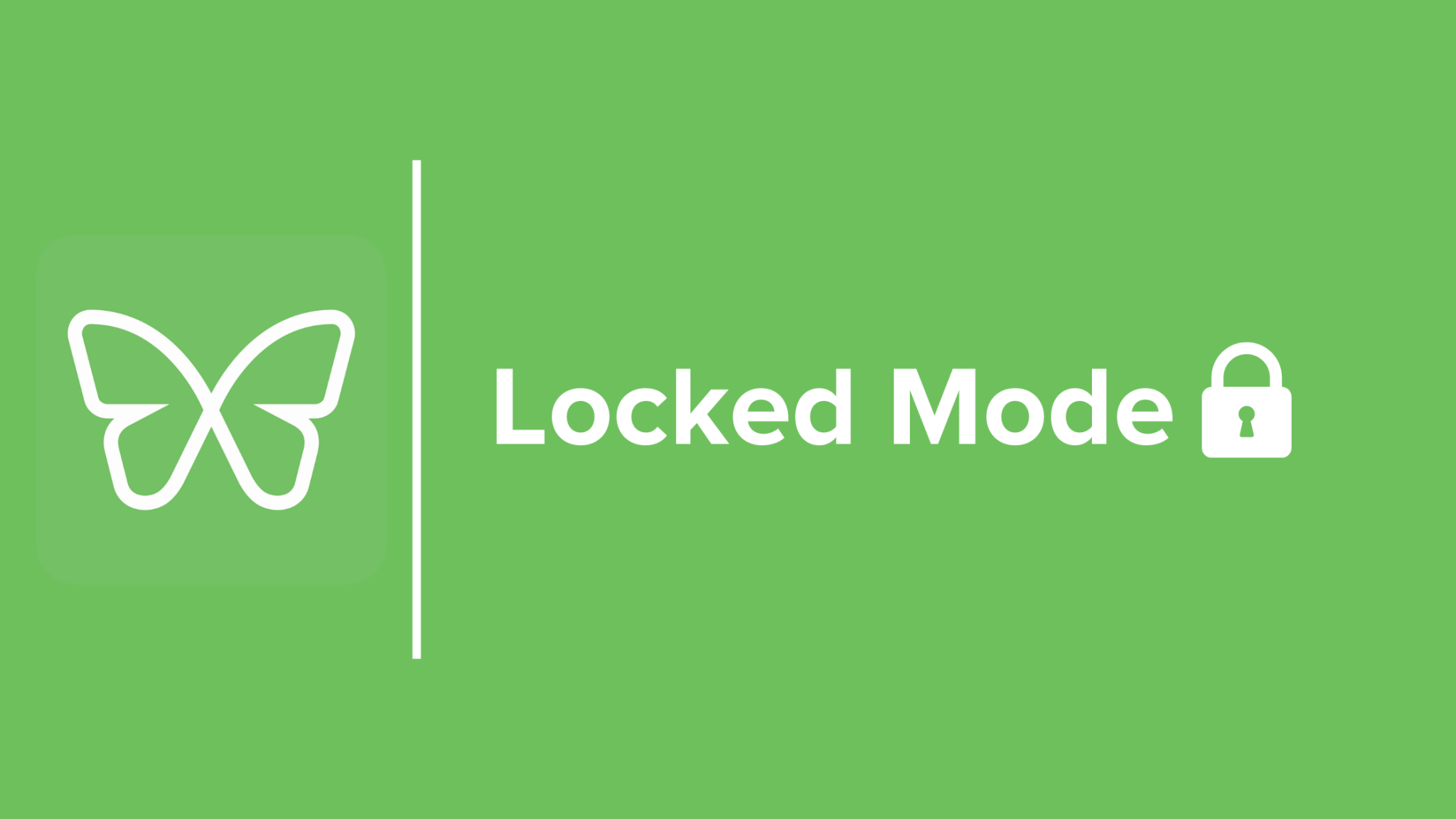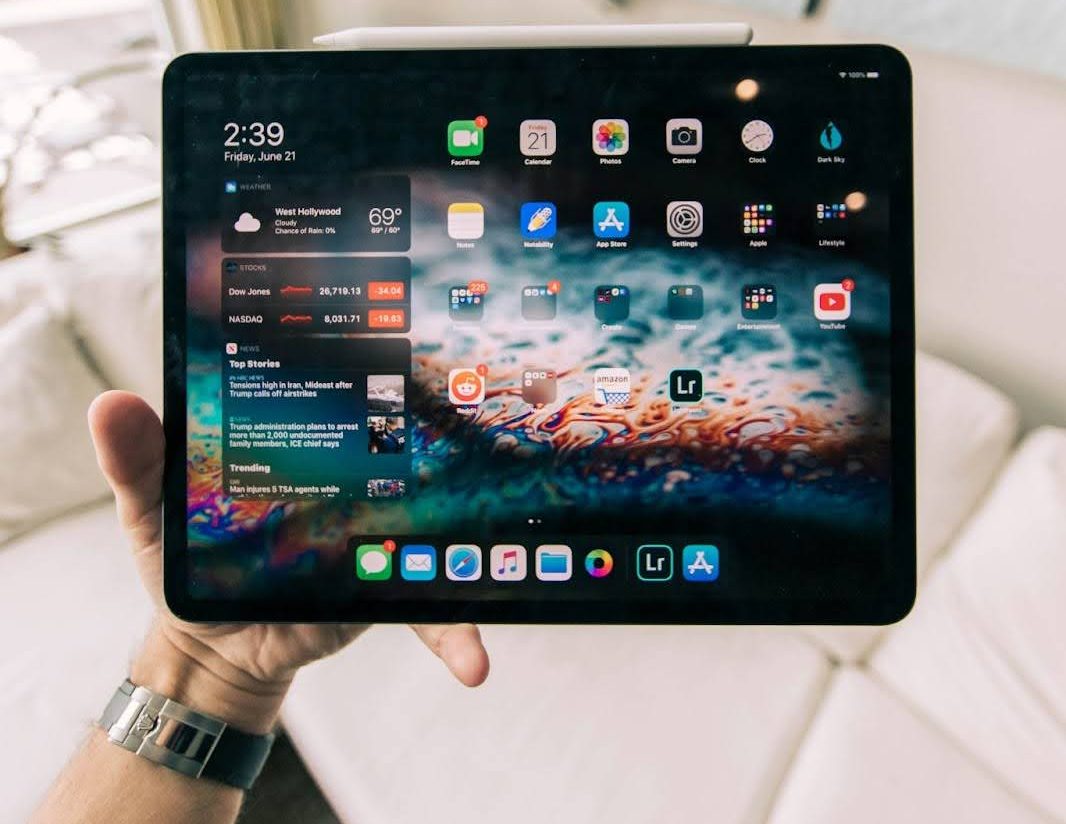Marc Masters: Finding the Focus to Write About Music

At Freedom, we love our users – not just because they use our product, but because they’re cool – cool people working on cool stuff. Academy Award-nominated screenwriters, bestselling authors, editors, journalists, developers, illustrators, designers, academics, coaches, bloggers, explorers, and entrepreneurs – the Freedom community is packed with curious, creative, and passionate go-getters. We love to share their stories, advice, and process because how better to learn about productivity than from the productive?
Meet Marc Masters.
Marc Masters is a writer and music journalist currently contributing to publications like Pitchfork, Bandcamp, NPR, The Washington Post, The Wire, Resident Advisor, and others. With hundreds of reviews written, his work has previously appeared in the Village Voice, Signal to Noise, Baltimore City Paper, Washington City Paper, Independent Weekly, and others.
Masters also wrote his first book, No Wave, which was published by Black Dog (UK) in 2008 and explored the history of the radical music and film movement in late 70’s New York. He is currently working on a book about the history of the cassette tape, for the University of North Carolina Press.
So this week we decided to learn a little more about his process and how he focuses on what matters most.
How did you know that you wanted to be a journalist and what were your first steps in making this your career?
My first writing was for my high school paper, inspired by my grandfather who published, edited, and practically wrote the entire local newspaper in his small Pennsylvania town. In college and after, I wrote about music for various publications, but soon decided it couldn’t be a full-time career (especially because I wanted to write about weirder stuff). So I went into TV production while continuing to write about music on nights and weekends. That’s basically how things have gone ever since, though I do sometimes leave TV work for longer stretches to do bigger writing projects.

At what point did you realize that tech was taking a toll on your productivity, time, and relationships? When did you know that you had to do something about it?
I think I knew from the very first day I got a smartphone, but it took me a while to admit it to myself. I decided to do something concrete about it a few years ago, but it’s still very much a work in progress, one that has been helped a lot by the Freedom app.
I think I knew from the very first day I got a smartphone, but it took me a while to admit it to myself.
How do you prioritize what gets your time and attention each day?
Things go best when I schedule my use of the internet for things that aren’t about what I’m actually working on. So I try to limit my social media use to mornings, lunch, and evenings. I’m far from disciplined about it, but that’s the basic goal.
How do you stay focused and motivated on a daily basis? Do you have a routine, ritual, or process that helps to get into a productive flow?
I always feel motivated about my writing because I love to do it, but focus is definitely a bigger challenge. The old trick of getting up and doing something else certainly helps me – ideas tend to flow better when I’m not thinking about how fast I need to be working on something.
I always feel motivated about my writing because I love to do it, but focus is definitely a bigger challenge.
How do you optimize your environment for productivity and focus? How do you incorporate Freedom into your schedule?
I wish I knew how to optimize my environment! I try to at least keep my desk relatively clutter-free, but beyond that I’m terrible at this. I mostly use Freedom in a pretty unstructured way – when I feel myself getting distracted to a degree that’s dragging me down rather than keeping me loose, I’ll turn it on for at least an hour. Some days, I turn on an eight hour session as soon as I sit down, and sometimes I actually stick to that! I don’t have an optimal routine yet, but any use helps.
What is the most difficult or challenging aspect about your work or working process? Do you have any strategies that you use to help overcome these challenges?
I think the most challenging (but also fun) part of my work is that every new project opens up a lot of new avenues to explore. Even a short assignment, like a record review, leads to research that can go on forever, because there are always so many interesting things to learn about artists and their work. One strategy that works it to always be writing even when I’m researching, such as taking notes or writing full paragraphs based on research. That keeps me (mostly) focused on the end goal rather than getting lost in the process.
What projects are you currently most excited about?
I’m currently writing a book about the history of the cassette tape. It’s my first book in over a decade and it’s great to work on a subject so broad and with so many interesting avenues to go down.
What do you do outside of your work routine that helps you stay healthy and productive?
I try to exercise and meditate, but it’s hard with two young kids, so I just do it when I can rather than in any routine. Biking is definitely my favorite form of exercise because it actually gets me out amongst people and reminds me they exist!
Where are you currently based?
I’m in Washington, DC, where I have lived for about 25 years.
To learn more about Marc Masters or his work, you can follow him on Twitter at @Marcissist


